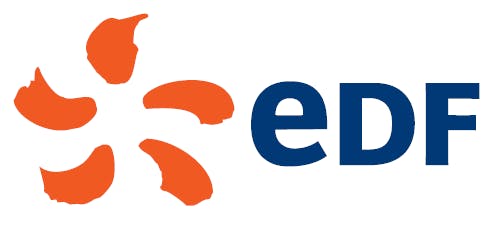3. Non-financial performance
3.4 Responsible developmentInclusion
In 2020, its support for international inclusion and education projects involved 25 technical skills-based sponsorship assignments over 196 working days by 17 employees in 11 different countries:
- for example, the EDF group Foundation financed an original model for solidarity food stores focusing on food aid, for 215,000 beneficiaries. The model combines measures to combat poverty (payment of a symbolic fee giving access to self-service purchases, with a wide range of choice and diversity) with inclusion and empowerment measures ( personalised social support to help individuals manage their budget empowering the most economically disadvantaged) and measures to create jobs and combat food waste (integration projects to get the long-term unemployed back to work, who collect unsold goods and supply the food stores);
- the EDF “Fonds Agir pour l’emploi” (act for employment fund or FAPE) works to support job development and promote the social and occupational integration of those in need. In 2020, more than 300 projects were supported by the FAPE and almost 3,500 jobs created or consolidated.
Impact of philanthropic initiatives
The Foundation invested €12 million(1) to support public interest initiatives. Since 2016, EDF and its Foundation have routinely assessed the implementation and impact of the projects financed. Sponsorship agreements set out indicators measuring the implementation and impact for beneficiaries and their achievement is monitored through an annual review requested from the association running the project. 10% of the amount awarded is withheld until the review is produced and the indicators met.
3.4 Responsible development
The Group is committed to a responsible development of its operations, by maintaining and developing a culture of dialogue and consultation for projects run by the Group, contributing to the development of the regions in which it operates, developing industrial sectors and implementing a responsible digital transition.
RESPONSIBLE DEVELOPMENT
CSR COMMITMENTS | CONTRIBUTION TO THE UN SD GOALS | KEY PERFORMANCE INDICATORS |
|---|---|---|
DIALOGUE AND CONSULTATION WITH STAKEHOLDERS | DIALOGUE AND CONSULTATION WITH STAKEHOLDERS CONTRIBUTION TO THE UN SD GOALS 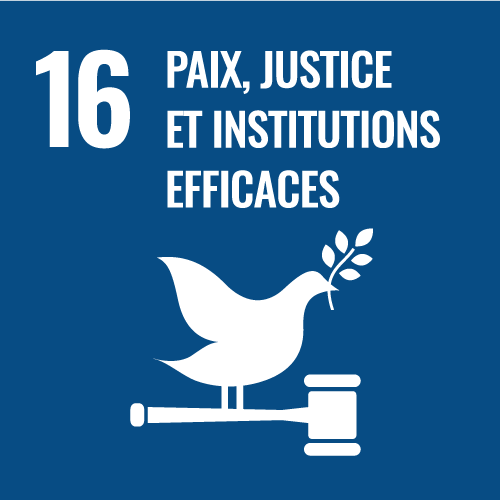
| DIALOGUE AND CONSULTATION WITH STAKEHOLDERS KEY PERFORMANCE INDICATORS Proportion of projects on which there is consultation in accordance with the Equator Principles |
RESPONSIBLE DEVELOPMENT OF LOCAL AREAS |  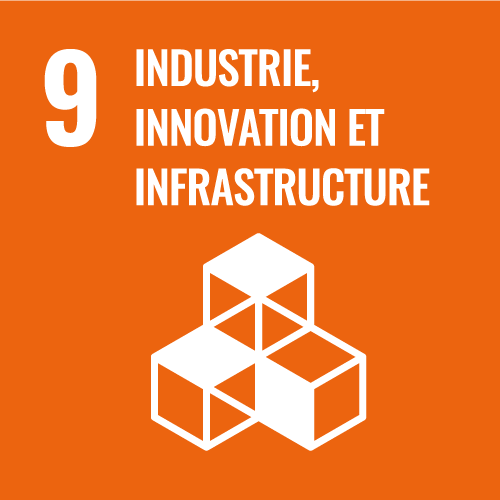  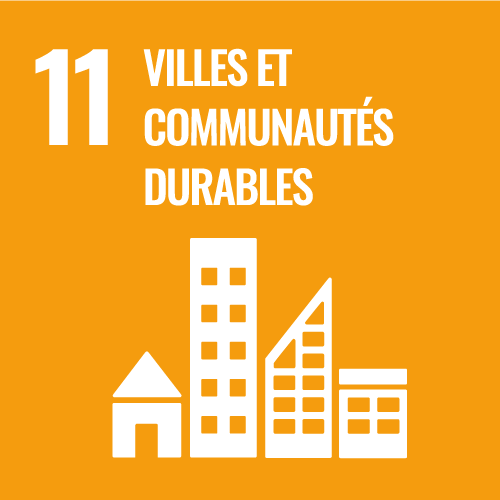 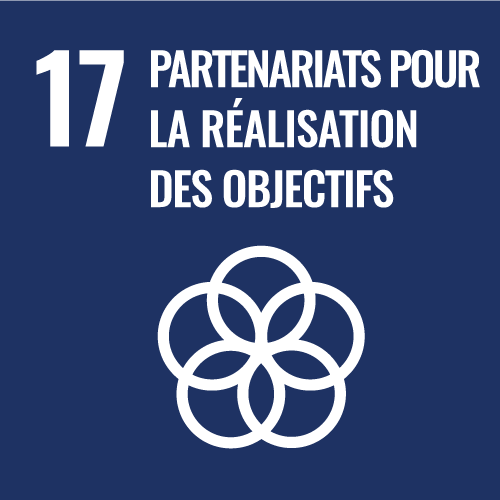 | RESPONSIBLE DEVELOPMENT OF LOCAL AREAS KEY PERFORMANCE INDICATORS Annual rate of procurement from SMEs in France |
DEVELOPMENT OF INDUSTRIAL SECTORS | 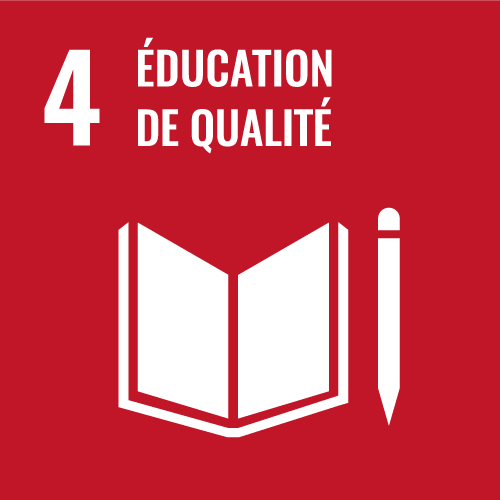 | DEVELOPMENT OF INDUSTRIAL SECTORS KEY PERFORMANCE INDICATORS Qualitative evaluation |
RESPONSIBLE DIGITAL DEVELOPMENT | 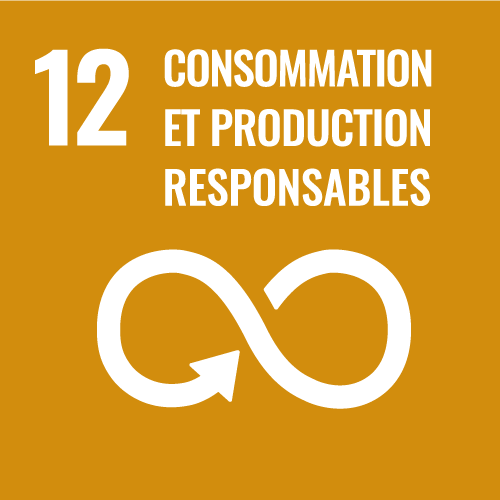 | RESPONSIBLE DIGITAL DEVELOPMENT KEY PERFORMANCE INDICATORS Number of customer visits on digital consumption monitoring platforms |
3.4.1Dialogue and consultation with stakeholders
3.4.1.1 Commitment to dialogue and consultation around our projects(2)
The Group is striving to organise a global initiative of dialogue and consultation which is transparent and open for each new project, and which involves local and indigenous communities throughout the lifecycle of those projects. The EDF group is committed to implementing dialogue rules in accordance with the Equator(3) Principles , for all projects worth more than €50 million with a significant impact on regions or the environment, examined at Executive Committee CommitmentsCommittee meetings during the fiscal year.
More precisely, the following procedures will be applied for each project:
- identify stakeholders;
- launch consultation as far upstream as possible;
- provide transparent and clear information to stakeholders on the project;
- gather stakeholder opinions on the project and address them;
- set up a system for dealing with suggestions and complaints;
- ensure that local populations are able to participate in the consultation process;
- ensure that consultations are publicly reported.
For 2030, the goal is for there to be dialogue or consultation on 100% of projects worth more than €50 million in accordance with the Equator Principles.
In 2020, projects falling within the defined criteria but not including projects by regulated subsidiaries accounted for the 25 files reviewed by the Executive Committee’s Commitments Committee; 84% of these were the subject of a consultation.
(1) On the date of the publication of the non-financial performance statement, the consolidated amounts of support managed directly were still pending.
(2) On the specific issue of access to environmental and social impact assessments (EIA and SIA) in France: In accordance with French regulations, stakeholders have access to environmental (EIA) and social (SIA) impact assessment results for ICPE facilities (i.e. facilities classified for environmental protection), for example at Dalkia or EDF R or on local community sites internationally. EDF releases documentation on projects, such as these EIA and SIA, which are required to be published on prefectural sites; the documentation also include the opinions of the French Environmental Authority or the investigating commissioner to be submitted to debate or a public inquiry where appropriate.
(3) It is a reference framework for the financial sector to identify, assess and manage the environmental and social risks of projects: equator-principles.com.
